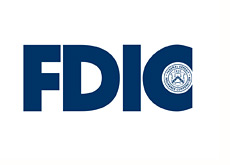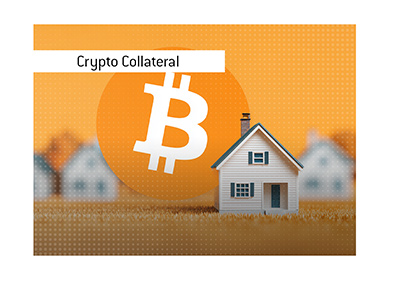Banks Complain About FDIC Premium Increases But...
 Another unbelievable example of government short-sightedness and the greed of banking institutions is starting to surface.
Another unbelievable example of government short-sightedness and the greed of banking institutions is starting to surface.As you are now probably aware, the FDIC (Federal Deposit Insurance Corporation) is facing a major shortfall in its insurance fund - the fund that is used to insure YOUR deposits, up to a maximum of $250,000.
With the number of failed banks increasing (and a couple of potentially REALLY big failures on the horizon), the FDIC is looking to shore up its deposit insurance fund.
To do this, the FDIC has proposed a new premium increase (plus a one-time "emergency" premium) to make up the shortfall. Banks have cried foul over the proposed increases, saying that it would be a drain on their earnings and force them to scale back on their lending practices at the exact worst time for the economy.
The FDIC has also asked the government for the ability to temporarily borrow up to $500 billion dollars from the Treasury Department. If this request is granted, then the FDIC would halve the size of its proposed premium increases.
In order to keep the "deposit fund" funded, the FDIC charges premiums to banks on all insured deposits. The FDIC currently charges 12-14 cents for each $100 in insured deposits at a bank.
This is all fine and good, and we've covered all of this before.
However, according to a recent article on Boston.com, the FDIC could have avoided this situation altogether if banks had actually been paying their premiums though the years.
According to the article, a full 95% of banks didn't pay their required premiums between 1996 and 2006.
The reason? The fund was thought to be so "well-capitalized", and the danger of wide-scale bank failures so remote, that Congress (and the bank industry *evil*) saw no need for the FDIC to collect the premiums.
So instead of building up a good-sized reserve fund during the "good days", the banks saw fit to push for little or no premium payments. They argued that the deposit fund was well-capitalized and would be self-sustaining through interest income.
Congress didn't grant the FDIC the authority to impose these fees until 2006.
When Sheila Bair, the current chairwoman of the FDIC, sought to impose these premium fees in 2006, the banking industry cried foul.
So, in summary:
1. Banks, by and large, didn't pay their FDIC premium fees between 1996 and 2006
2. Banks are now complaining about the emergency increases in premiums that are needed to top up the deposit fund
So, banks don't pay their required premium fees for 10 years in an effort to bolster their earnings and balance sheets, and then cry foul because the deposit fund (that they are supposed to be funding) doesn't have enough money to deal with a once-in-a-lifetime financial meltdown?
How ridiculous is that?
Filed under: General Knowledge



